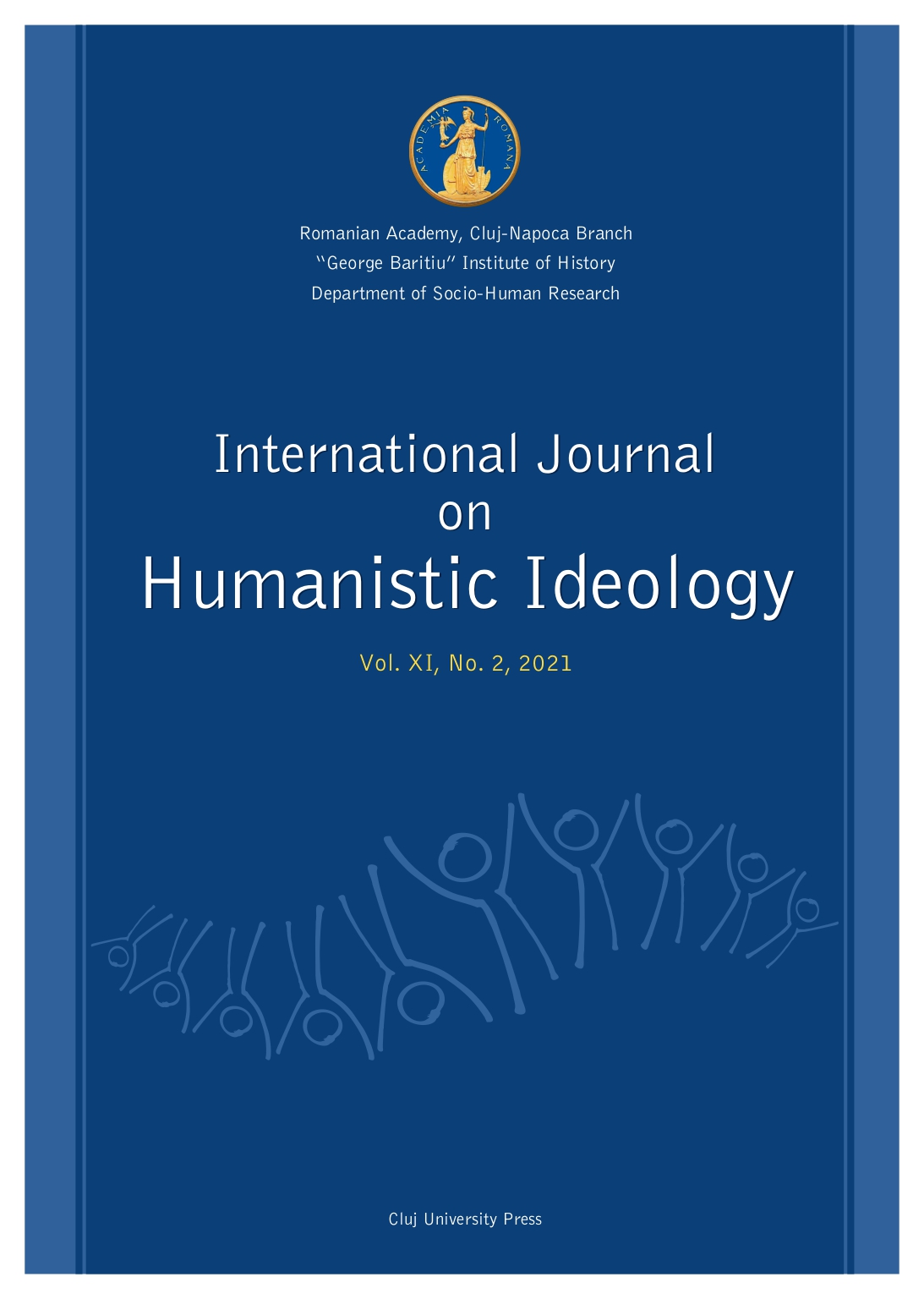Kierkegaard’s Spatial Politics.
Nations and Nationalism, Irony and the Demonic
Kierkegaard’s Spatial Politics.
Nations and Nationalism, Irony and the Demonic
Author(s): Anne-Christine HabbardSubject(s): Politics / Political Sciences, Philosophy, Social Sciences, Philosophical Traditions, Political Philosophy, Civil Society, Theology and Religion, Existentialism
Published by: Presa Universitara Clujeana
Keywords: Kierkegaard; spatial politics; nation-state; space; borders; foreigners; irony; demonic; walking;
Summary/Abstract: Kierkegaard is not usually considered a political thinker. However, many of the concepts and themes he develops have distinct political import. In particular, I will show that his thought functions as a counterpoint, and a counterweight, to the nation-state as constructed in European modernity. Indeed, the modern State is founded on a specific notion of space – the national territory –, which in turn has important consequences on the creation of nationhood, and on the relation to foreigners. Kierkegaard allows us to view the fallacious underpinnings of such a construct, thanks to his ingenious use and concept of space, but also to his distinctly ironic stance as an author. His analyses of irony, freedom and anxiety (and in particular, anxiety before the good, the demonic) give us insight into the defects of the nation-state, and some of its worst elements, such as nationalism. Kierkegaard offers us an alternative conception of space.
Journal: International Journal on Humanistic Ideology
- Issue Year: XI/2021
- Issue No: 2
- Page Range: 153-173
- Page Count: 21
- Language: English

